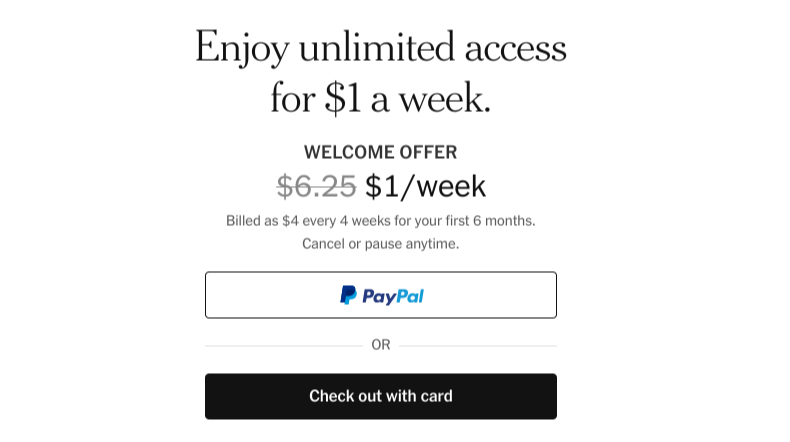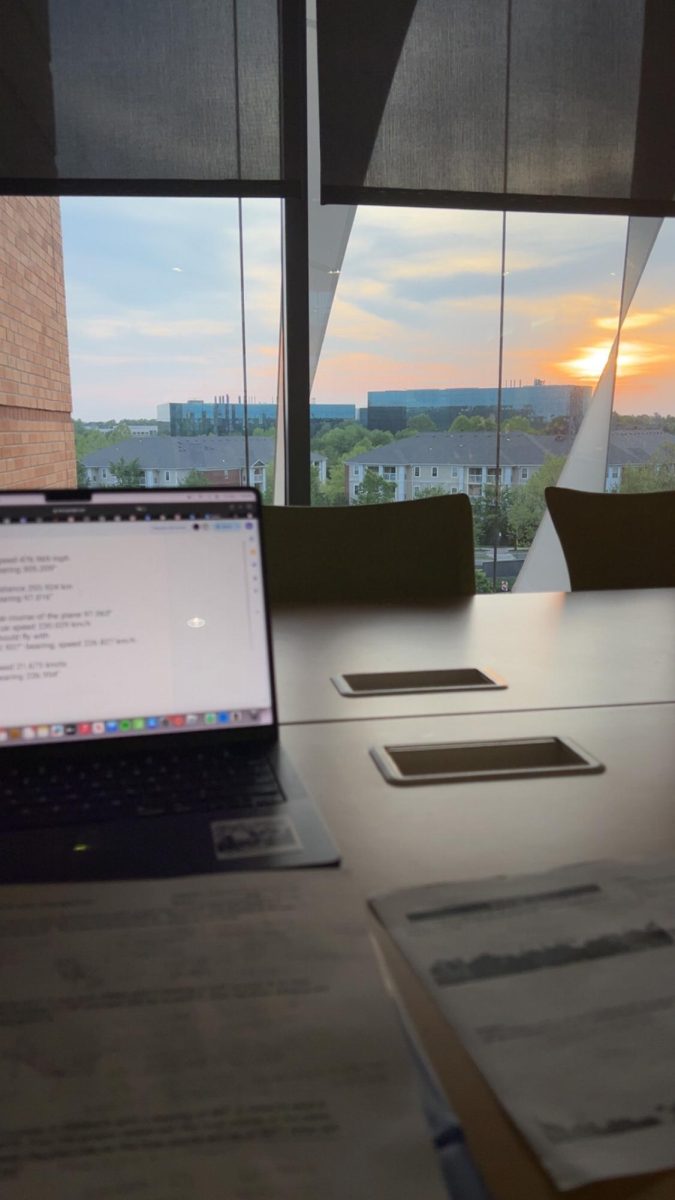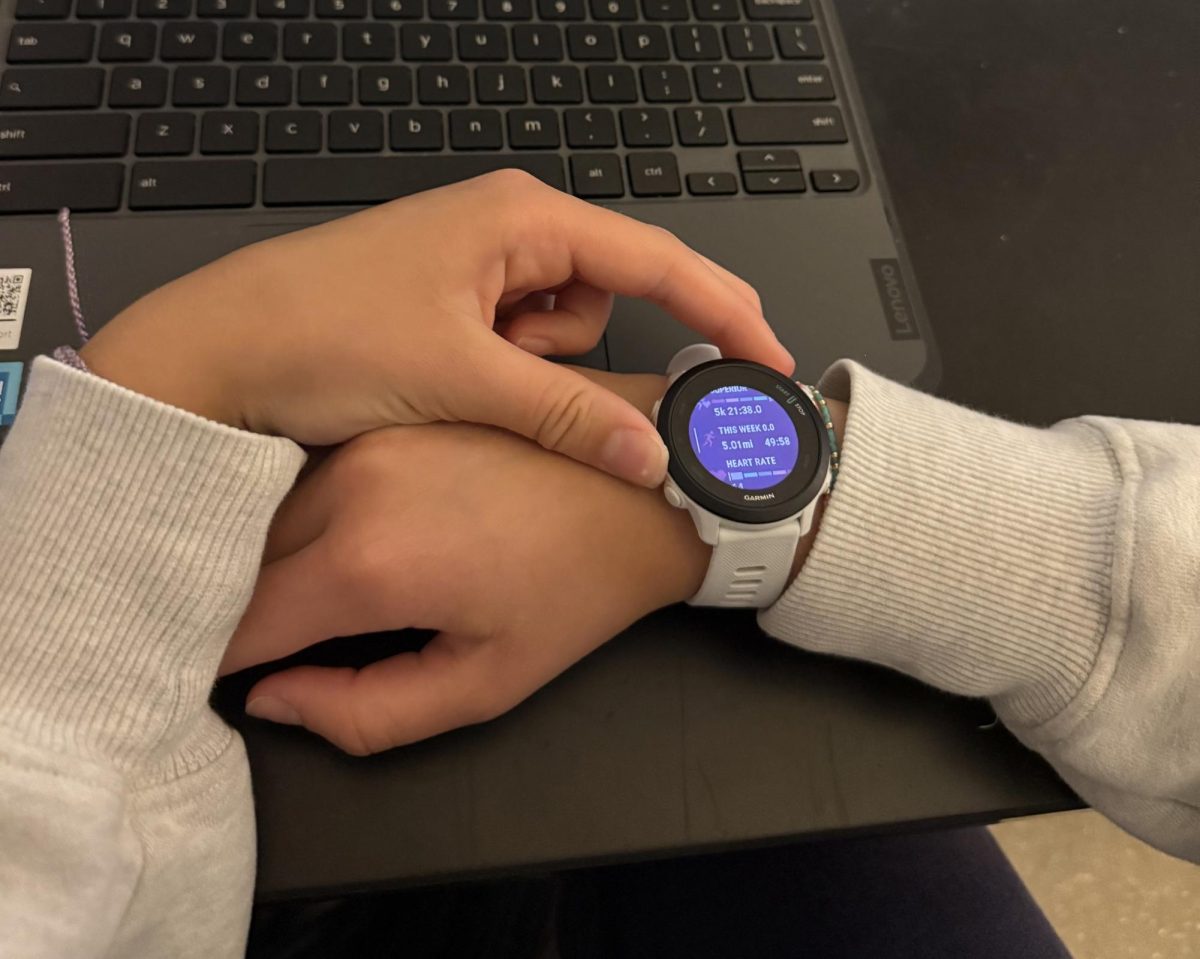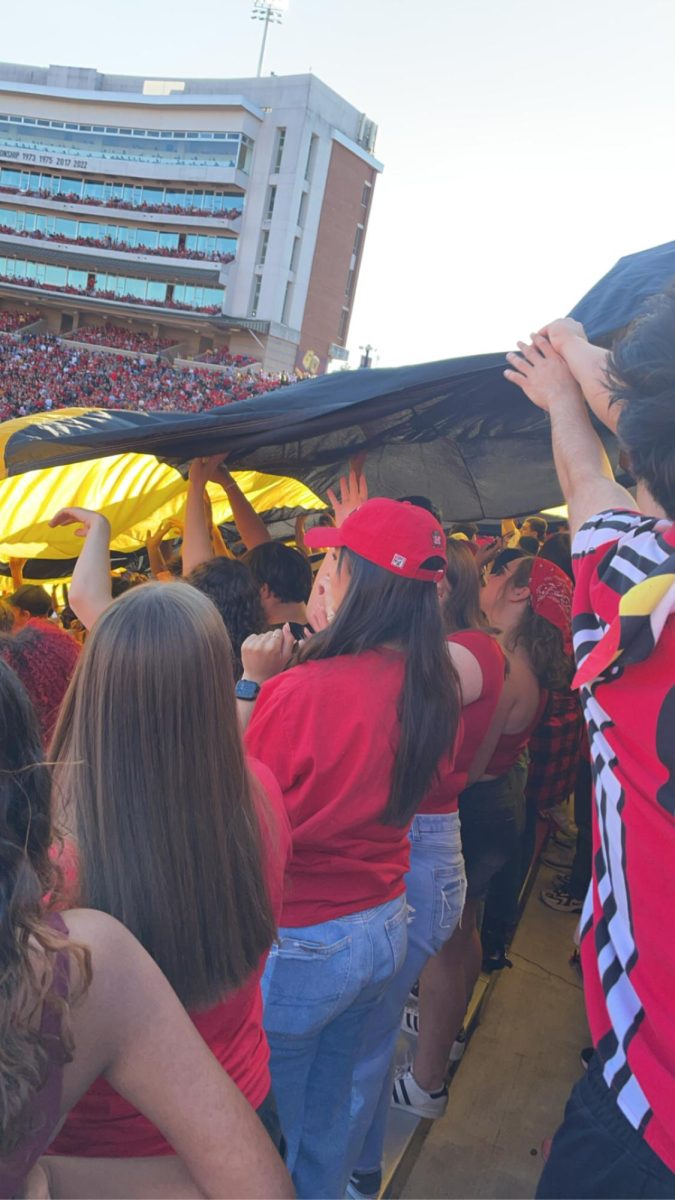Have you ever been searching for an article online, only to find out that you need to subscribe to the newspaper or pay money to view it? Publications like The New York Times and The Washington Post have a limited number of free articles that you can view before you need to pay.
A paywall is a digital barrier that separates free content from paid content in the media. If you click on a news site, usually you are allowed to read a certain number of free articles before you have to pay. The New York Times subscription costs $25 a month while The Washington Post subscription is $12 a month. Once you subscribe, you have unlimited access to all of the articles on these websites.
According to Reuters, more than two-thirds of leading newspapers across the U.S. use an online paywall. Normally the content behind the paywall is more relevant and in-depth than free content because it creates an incentive for people to subscribe to that newspaper.
Paywalls are a way for the media and journalists to earn money because they are limiting access to news to users who will pay for it. The publishers can make a profit without having to use digital ads. According to the American Marketing Association, for every online advertising dollar gained, a newspaper can lose up to $16 in advertising dollars made from print newspapers. Profits made from paywalls allow independent newspapers to succeed, journalists to be paid more, and help create better content for their readers.
However, paywalls can also contribute to misinformation online. “Due to the advent of sites like Facebook, Twitter and various blogging platforms where anyone can be a content producer with relative anonymity and ease, free, less reliable news sources and aggregators can push articles that go viral in a matter of seconds whether they are completely true, properly researched or not,” according to the University of Texas Center for Media Engagement.
People who cannot afford paywalls are stuck relying on free news sites, which may not be as accurate or reliable. Most readers can only pay for one subscription, which limits their access to a wide range of sources and viewpoints. According to the University of Texas Center for Media Engagement, studies have shown that people who are paying for news in the U.S. are wealthier and better educated than those who will not or can not pay.
It is unethical for newspapers to charge money for important or sometimes even lifesaving news when not everyone can afford to pay for it. During the pandemic, major publications partially or completely lowered their paywalls. Information about the pandemic could be potentially life-saving information and therefore it should be available to everyone and not just the rich, according to the Columbia Journalism Review.
Journalism has one primary goal, which is to educate and inform the public about what is happening in the world. The paywall conflicts with educating the public by prioritizing profit over information.
Here at Common Sense, our content is completely free. We raise all our money by advertising and do not receive any money from the county. “I believe at the high school level, content should be free to readers and students, and I’m frustrated that the county doesn’t pay for that and that the burden is on us,” Common Sense adviser Evva Starr said.








